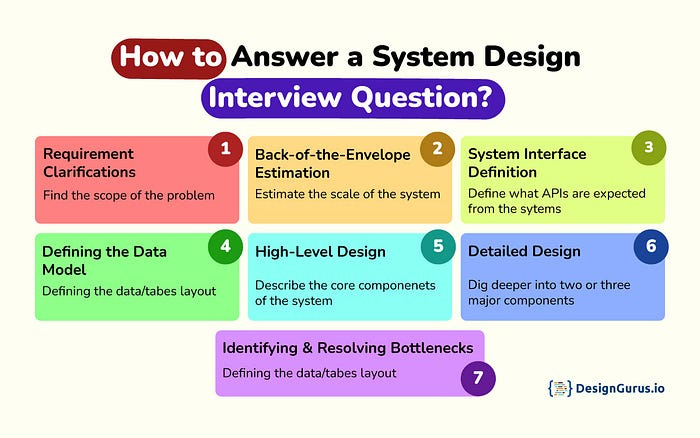I Gave More Than 50 Interviews in the Last 12 Months — Here Are Most Asked System Design Questions
Real System Design Interview Question and how to answer them.
Preparing for System Design Interviews? Join ByteByteGo now for a more structured preparation. They are also offering a rare 50% discount now on their lifetime plan.
Over the past 12 months, I’ve interviewed for Software Engineer and Senior Software Engineers roles at top-tier companies — including FAANG, unicorn startups, and mid-…
Keep reading with a 7-day free trial
Subscribe to Javarevisited Newsletter to keep reading this post and get 7 days of free access to the full post archives.




